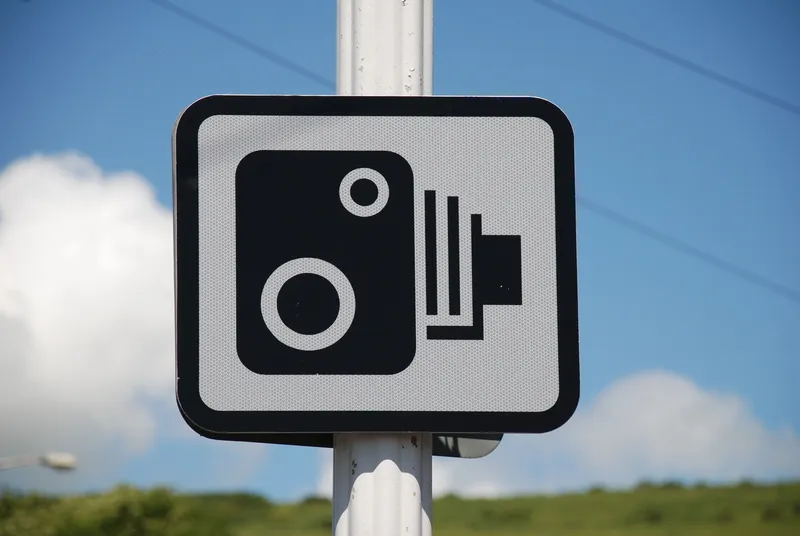The UK government will invest £7m ($5m) in cycling projects to improve road safety and create more bike-friendly areas that encourage more people to cycle as part of everyday journeys. It is part of the Department of Transport’s (DoT’s) cycle safety review, which aims to ensure that the country’s roads are as safe as possible for everyone using them.
Eight cities, which have already received help from the government to promote cycling, will be able to bid for an additional £6.5m ($4.6m) of funding to trial new schemes. These include Bristol, Leeds, Cambridge, Birmingham, Norwich, Manchester, Newcastle and Oxford.
In addition, £0.5m ($0.3m) will be reserved to support Cycling UK’s Big Bike revival, an initiative that intends to get more people cycling safely and confidently across the country.
The DoT has invited bids from eight councils and will be looking to support schemes which improve safety for cyclists as well as deliver benefits for pedestrians.
Jesse Norman cycling minister said: “Everyone should be able to take advantage of the huge health and environmental benefits of cycling.
“While Britain has some of the safest roads in the world, we want to encourage more people to take up cycling. This funding, as part of our overall cycling and walking strategy, will help local councils to make their roads safer for everyone.”
Paul Tuohy, chief executive of Cycling UK, said: “Last year the big bike revival reached more than 50,000 people in England, and produced more than 6,000 regular cyclists, so the project represents incredible value for money.
“I’m delighted that the Department for Transport has recognised its significance by funding it for another year so we can get even more people cycling every day.”
UK government invests £7m to boost cycle safety
The UK government will invest £7m ($5m) in cycling projects to improve road safety and create more bike-friendly areas that encourage more people to cycle as part of everyday journeys. It is part of the Department of Transport’s (DoT’s) cycle safety review, which aims to ensure that the country’s roads are as safe as possible for everyone using them. Eight cities, which have already received help from the government to promote cycling, will be able to bid for an additional £6.5m ($4.6m) of funding to
February 27, 2018
Read time: 2 mins







